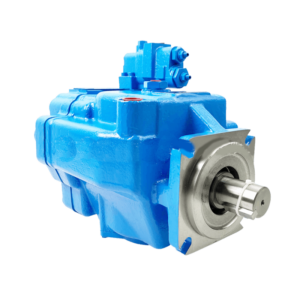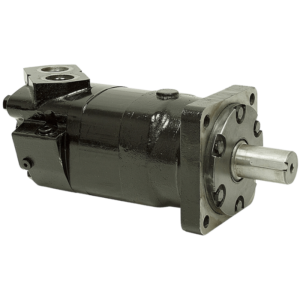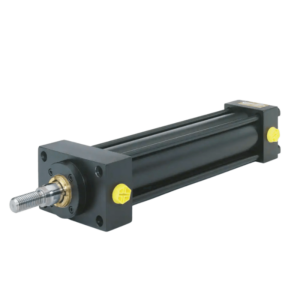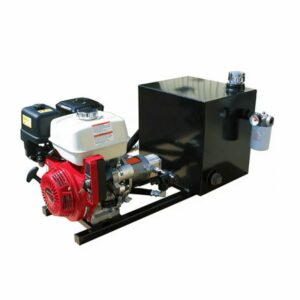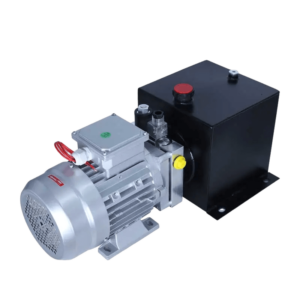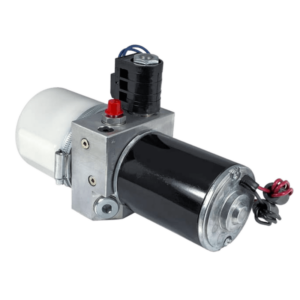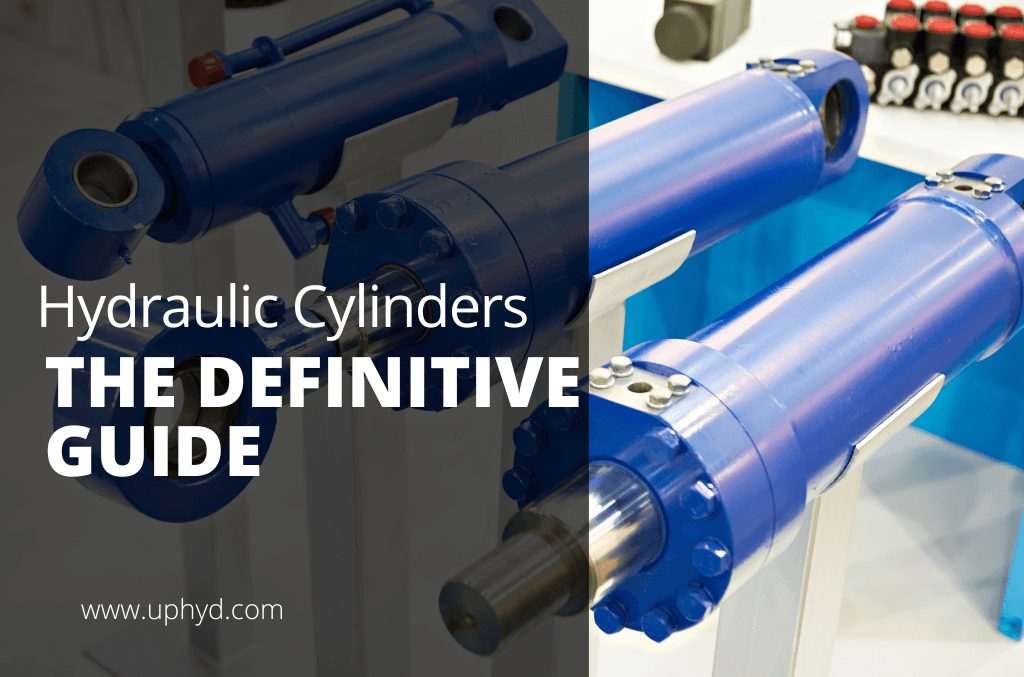PRODUCT FEATURES
Diesel Hydraulic Pump Manufacturer to Rocket Your Business
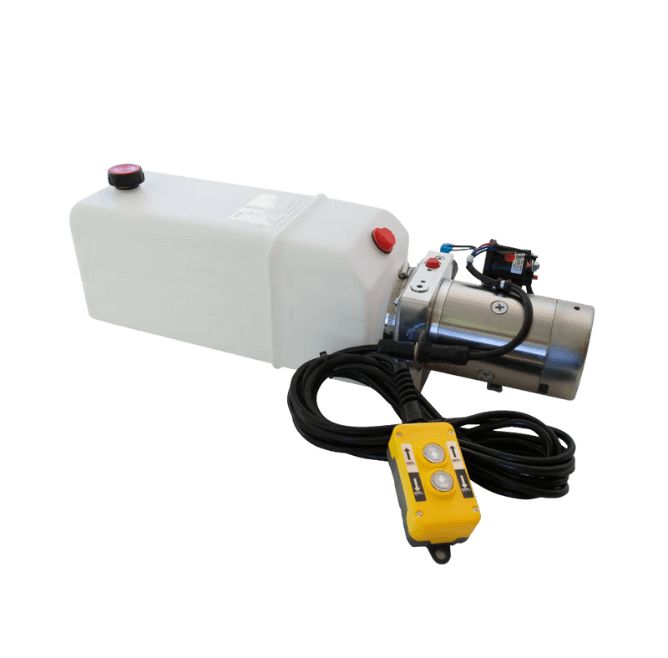
PRODUCTS
Proud To Offer a Wide Variety of Products
If you are looking for something specific that isn’t listed on our website yet, just contact us today!

ABOUT US
Who is Uphyd.com
Uphyd.com have seen that today there are also many hydraulic power pack companies in China & internationally. However, their solutions were still stuck a few years ago.
In fact, we have been upgraded in recent years, and uphyd.com hope our smart and flexible solutions can inject fresh blood into this market.
PARTNER
Trusted by 530+ Top Companies





BUYER’S GUIDE
The Definitive Guide to Diesel Hydraulic Pump
If your business deals with the transport of heavy machinery, then you know the importance of a durable and reliable hydraulic pump. Diesel hydraulic pumps are an essential part of many businesses and you must be wondering how they work.
This comprehensive guide will walk you through everything you need to know about this amazing tool. From the basics of diesel-hydraulic pumps to the steps and tips to keep in mind when buying them from a manufacturer, we’ve got you covered!
So if you’re ready to learn more, let’s get started!
Table of contents
1. Diesel Hydraulic Pump: Overview
A diesel hydraulic pump is a device that uses pressurized diesel fuel to transmit power to hydraulic systems. There are two types of diesel-hydraulic pumps: open and closed. Open pumps allow the fuel to flow through the pump in both directions, while closed pumps allow the fuel to flow only in one direction.
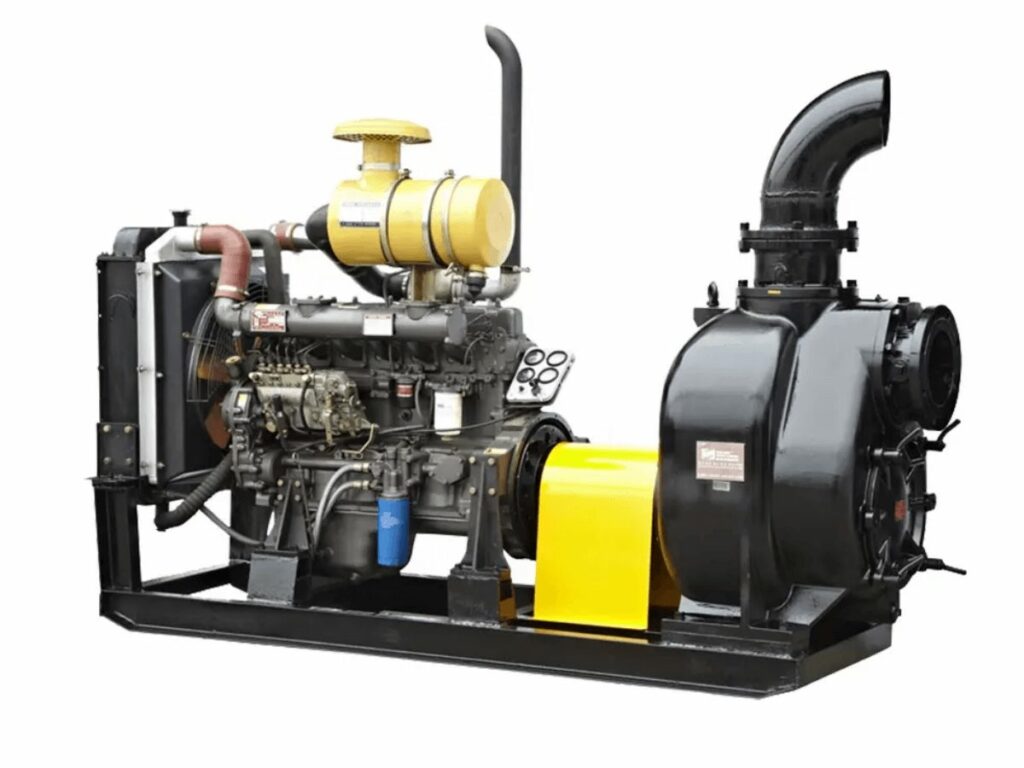
Diesel-hydraulic pumps are typically made from cast iron or steel, although some aluminum models are available. They consist of the following components:
Base
The base houses the bearings that support the shafts, as well as the fuel filter and pump drive gear.
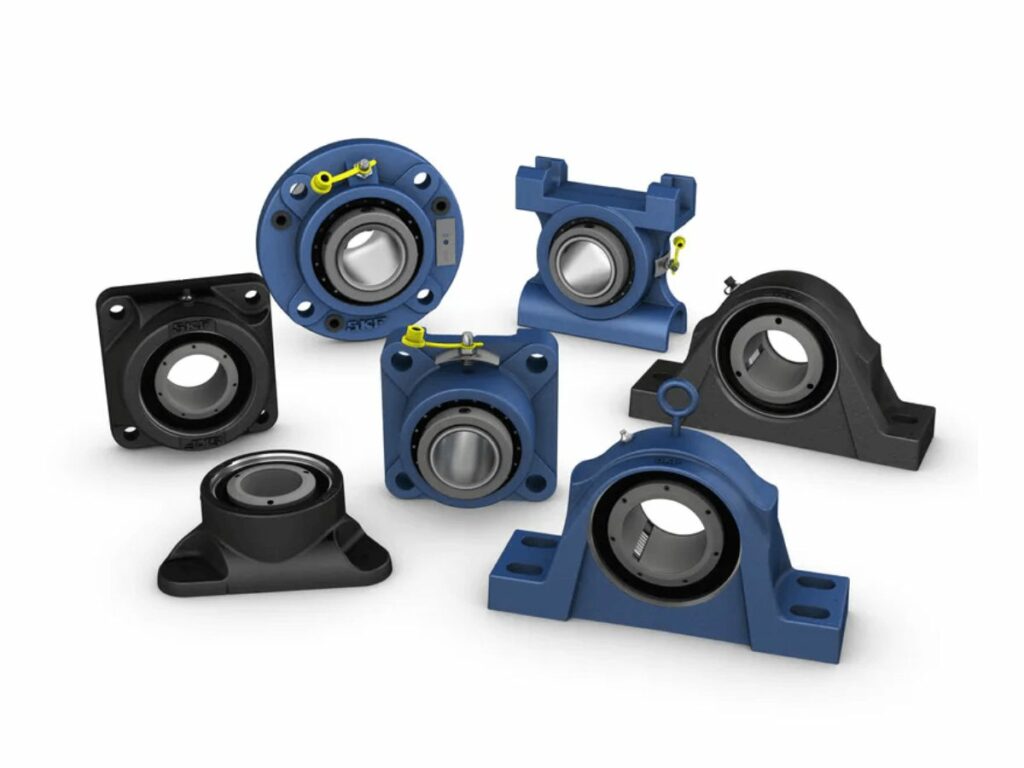
Fuel Filter
The fuel filter helps to remove impurities from the fuel before it enters the pump. It is typically made from paper or cloth.
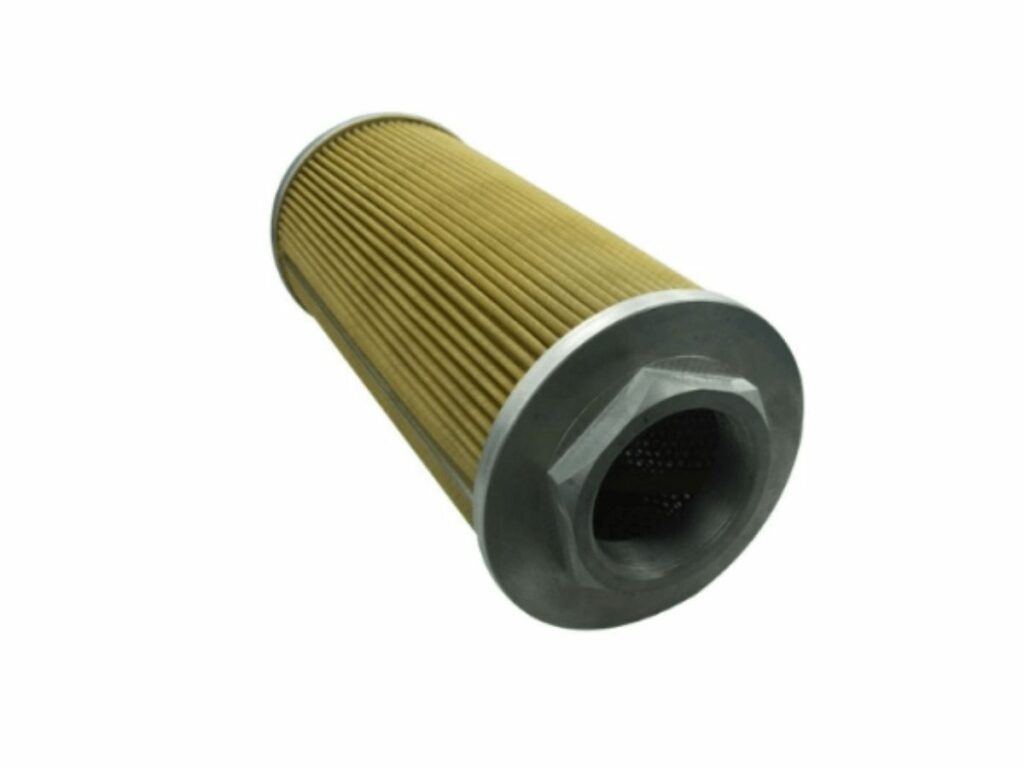
Pump Drive Gear
The pump drive gear is responsible for turning the pump shafts. It is usually driven by an electric motor or a diesel engine.
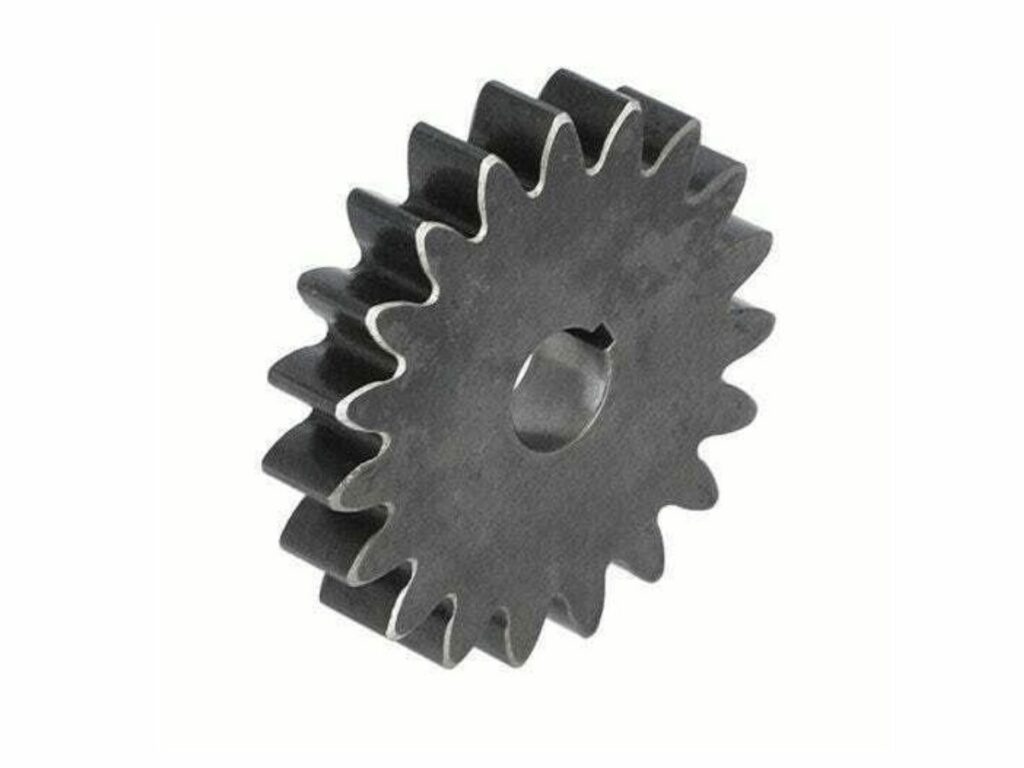
Shafts
There are two shafts in a diesel-hydraulic pump: the input shaft and the output shaft. The input shaft is connected to the engine and drives the pump, while the output shaft drives the hydraulic system.
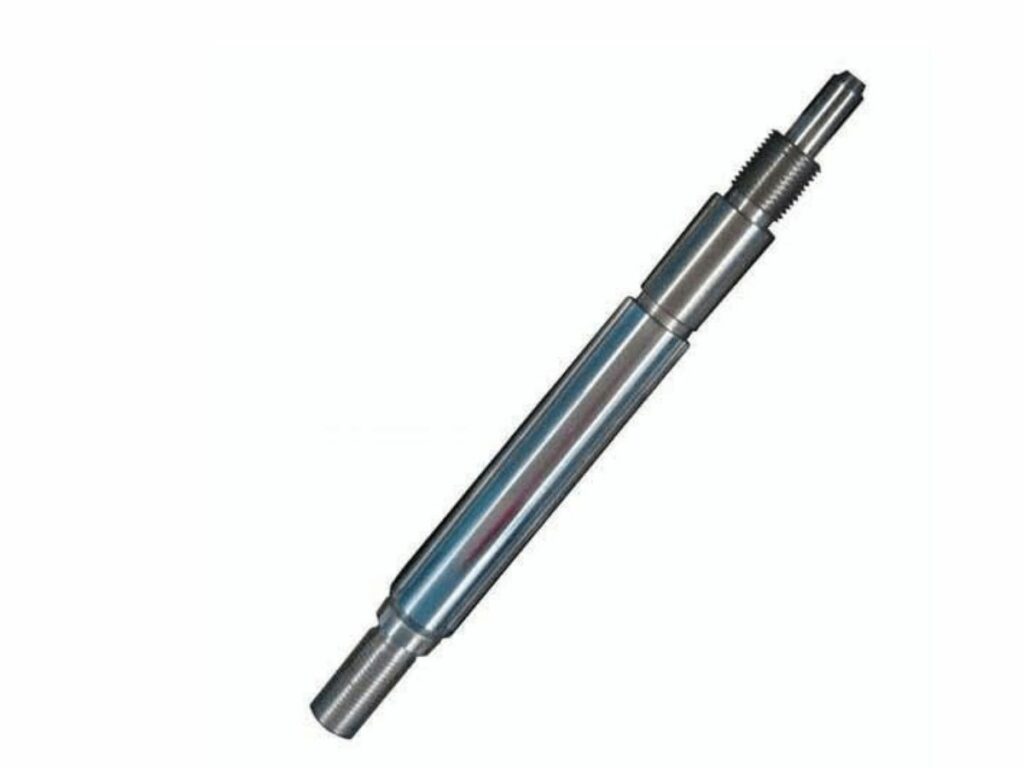
Valves
There are two types of valves in a diesel-hydraulic pump: check valves and relief valves. Check valves prevent the backflow of hydraulic fluid, while relief valves relieve pressure in the system.
This video shows how to how to check the condition of a hydraulic pump by measuring the flow through the relief valve. Check this out!
Cylinders
The cylinders are the chambers in which the hydraulic fluid is pressurized. They are typically made from cast iron or steel.
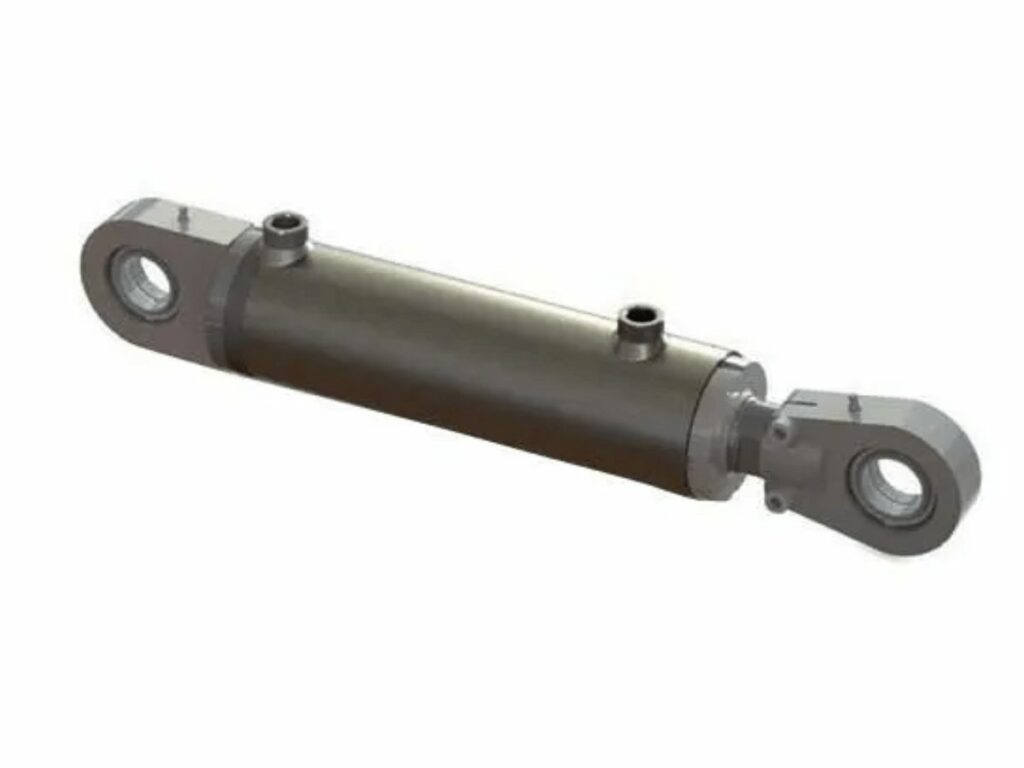
Piston
The piston is a movable element that transfers the energy from the engine to the hydraulic system.
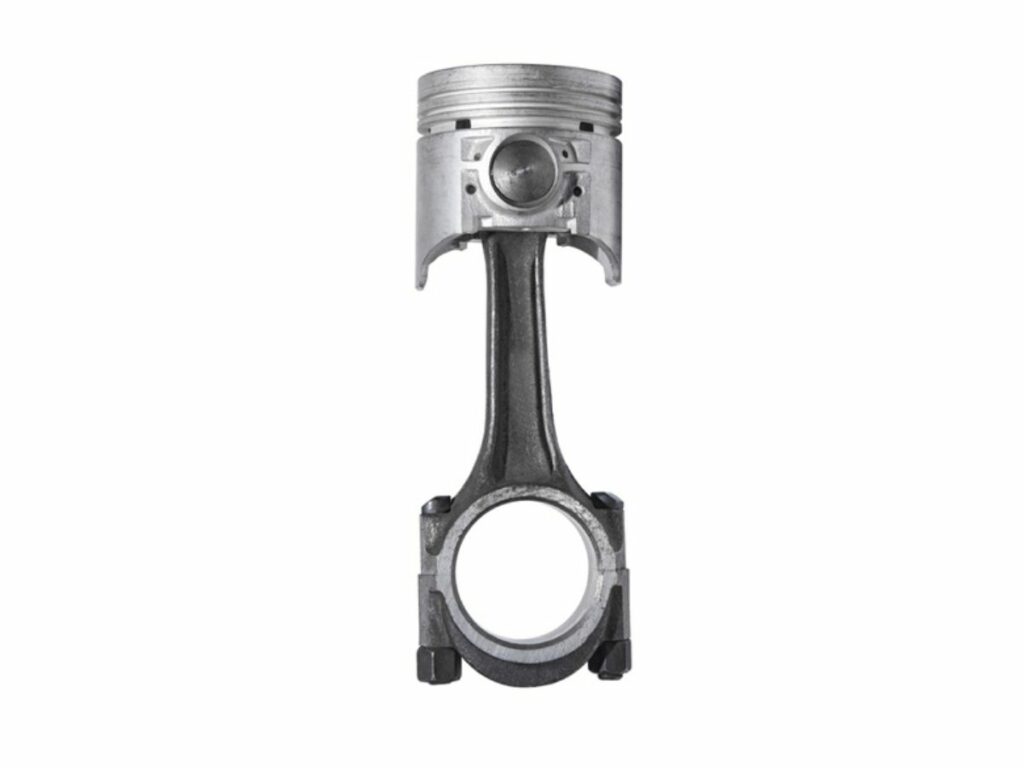
2. How Does the Diesel Hydraulic Pump Work?
When diesel fuel is injected into the pump’s combustion chamber, it is ignited by a spark plug and begins to burn. This creates heat energy that travels through the piston rods to the cylinders, which compress the fluid inside them. The high-pressure fluid is then forced out of the output shaft and onto the hydraulics system.
The diesel-hydraulic pump is a key component of any diesel engine, and it is responsible for providing the necessary pressure to operate the system. Without a functioning pump, the engine would not be able to generate the power needed to run.
3. Key Features
Below are five key features that the diesel-hydraulic pump offers.
High Pressure
The diesel-hydraulic pump can generate high pressures, making it ideal for a range of applications. It can reach pressures of up to 3,000 PSI which means it can be used for a wide range of applications, from powering hydraulic tools to operating machinery.
High Flow Rate
The diesel-hydraulic pump can also achieve a high flow rate. This is because it uses a piston to generate pressure, as opposed to a vane or gear pump. The flow rate can be as high as 11 gallons per minute.
Durable
The diesel-hydraulic pump is built to last, with a robust construction that can withstand tough conditions. It is usually made from cast iron or steel, which makes it resistant to wear and tear.
Efficient
The diesel-hydraulic pump is an efficient piece of equipment, using less fuel than other types of pumps. This makes it ideal for use in a range of settings, from construction sites to farming operations.
Easy to Maintain
The diesel-hydraulic pump is easy to maintain, with few moving parts that can be easily replaced if they break. The pump also has a self-bleeding feature, which means that it can be used without having to bleed the system beforehand.
Compact
The diesel-hydraulic pump is compact and easy to install. The pump can be easily mounted on a frame or chassis and does not take up much space.
4. The Difference Between Gas and Diesel Hydraulic Pump
You’ve probably wondered at some point what the difference is between gas and diesel-hydraulic pump. Here’s a quick rundown of the key distinctions between these two pumps:
| Gas Hydraulic Pump | Diesel Hydraulic Pumps |
|---|---|
| typically used for lighter-duty applications | built for more demanding applications |
| usually less expensive than diesel pumps, and they’re easier to maintain | usually more expensive than gas hydraulic pumps, but they’re also more durable |
| not as durable as diesel pumps | can handle higher pressures, making them ideal for heavy-duty applications |
| they may not be able to handle as much pressure |
5. 4 Industry Application
Diesel-hydraulic pumps are versatile tools that can be used in a number of different industries. One common application is in the construction industry. Below are some examples of how diesel-hydraulic pumps are used in different industries:
#1 Automotive
Diesel-hydraulic pumps are used in a variety of automotive applications. These pumps can be used in the following ways:
- to power the brakes
- for steering
- to power the air conditioning system
- in the engine cooling system
#2 Construction
Diesel-hydraulic pumps are commonly used in construction equipment such as excavators and bulldozers. The pumps act as the power source for the hydraulic system that operates the equipment.
#3 Agriculture
Diesel-hydraulic pumps are used in a variety of agricultural applications. These pumps can be used to power the hydraulic system of farm equipment, such as tractors and combines.
#4 Material Handling
Lastly, diesel-hydraulic pumps are also used in material handling applications. These pumps can be used to power the hydraulic system of forklifts and other types of material handling equipment.
6. The Manufacturing Process
To give you an idea of the level of detail and work that goes into making a diesel-hydraulic pump, we’ve put together a step-by-step guide to its manufacturing process.
Step#1 Design and Development
As with any product, the first step in manufacturing a diesel-hydraulic pump is design and development. This is where engineers determine the specifications for the pump, such as flow rate, pressure, power, and more. Once the specifications are finalized, a prototype can be created.
Step#2 Creating the Prototype
The prototype is an early version of the pump that is used to test the design. This helps to identify any problems with the design before it goes into production.
Step#3 Preparation of Raw Materials
Once the prototype is approved, the next step is to prepare the raw materials. This includes machining the components of the pump and welding them together. Most parts are made from metal, but some smaller components may be made from plastic.
Step#4 Assembling the Pump
Once all the parts are ready, they must be assembled into a functioning pump. This is done by connecting the various components together and testing the pump to make sure it meets all the specifications.
Step#5 Testing
After the pump is assembled, it must undergo a series of tests to ensure that it is up to standards. This includes testing for leaks, pressure, flow rate, and more.
Step#6 Finishing
The final step in manufacturing a diesel-hydraulic pump is finishing. This involves adding any final touches, such as painting or plating, and packaging the pump for shipping.
7. The Average Cost of a Diesel Hydraulic Pump
Most diesel hydraulic pumps cost between $500 and $1,000. If you need a more powerful or specialized pump, you may have to pay more. However, there are some ways to save money on your purchase.
For a cheaper alternative, consider buying used pumps. You can find good quality used pumps at online auction sites or in classified ads. Just be sure to inspect the pump before you buy it to make sure it’s in good condition.
Additionally, buying directly from a manufacturer can often get you a better price than buying from a retailer. If you know what type of pump you need, it’s worth shopping around to compare prices.
8. How to Work With Diesel Hydraulic Pump Manufacturer
Now that you know how to select a diesel-hydraulic pump manufacturer, it’s time to learn how to work with one. Here’s a guide to help you get started:
Step#1 Define Your Needs
What type of pump do you need? What are the specifications that you’re looking for? Once you have a clear understanding of your needs, you can start looking for manufacturers that can meet them.
Step#2 Do Your Research
Find out as much as you can about each manufacturer on your list. Check their website, read their customer reviews, and talk to people who have worked with them in the past. This will help you narrow down your list to the manufacturers that are the best fit for your needs.
Step#3 Get a Quote
Make sure to get quotes from multiple manufacturers so that you can compare prices. When you’re getting a quote, be sure to ask about the turnaround time and the warranty. These are important factors to consider when you’re making your decision.
Step#4 Negotiate Terms and Prices
Once you’ve selected a manufacturer, it’s time to negotiate. This is where you’ll finalize the details of your order and get the best possible price for your pump. This is also the best time to ask about any discounts or promotions that the manufacturer may be offering.
Step#5 Place Your Order
Be sure to get a written contract that outlines the details of your order. This will protect you in case there are any problems with your pump later on. You will be asked to pay 50% of the total cost upfront, and the remaining 50% will be due when your pump is delivered.
If you’ll be working with a manufacturer based in another country, you should also be aware of the import duties and taxes that may apply.
Step#6 Inspect Your Pump and Give Feedback
Once your order has been delivered to your preferred location, it’s time to inspect it. Make sure that the pump meets all of your specifications and that there are no defects. Don’t forget to give feedback to the manufacturer so that they can improve their products in the future.
9. Where to Source for a Reliable Manufacturer
When it comes to finding a manufacturer of diesel-hydraulic pumps, there are a few key places to look.
Google Search
A simple Google search will reveal plenty of manufacturers for you to contact. You can go to their websites, learn about the products they offer, and find a representative all on one site.
Online B2B Marketplaces
Contacting potential manufacturers doesn’t have to be a pain. There are online B2B marketplaces, such as Alibaba and Global Sources that do the work for you. These platforms curate suppliers from around the world so all you need to do is request quotes, and compare prices and products, before making your decision.
Trade Shows
If you’re looking to meet manufacturers face-to-face, trade shows could be a good option. Attending trade shows related to your industry can help you connect with potential suppliers and learn about the latest products and trends.
One manufacturer you may want to consider is Uphyd. We have years of experience in manufacturing diesel hydraulic pumps. We also have a team of experts who can help you choose the right unit for your needs. Contact us today to know more about our products and services!
10. 5 Buying Tips About Diesel Hydraulic Pumps
When shopping for a diesel-hydraulic pump, here are 5 key things to keep in mind to help you make the best decision for your business.
#1 Flow Rate
This is measured in gallons per minute (GPM). The amount of hydraulic fluid your pump can deliver will determine how much work your system can do.
#2 Pressure Rating
Next, check the pressure rating. This is given in pounds per square inch (PSI). A higher pressure rating means your system will be able to do more work.
#3 Duty Cycle
The duty cycle is the amount of time that the pump can run without overheating. A higher duty cycle means your pump can run for longer periods of time without needing a break.
#4 Port Sizes
The ports are the openings on the pump that allow hydraulic fluid to flow in and out. Make sure the port sizes on the pump you choose match the ones on your existing equipment.
#5 Shaft Diameter
The shaft is what connects the pump to the engine. A larger diameter shaft can handle more torque, meaning it can power a bigger system. There’s also a universal standard for shaft diameters, so it can be easy to find replacement parts if you need them.
11. Conclusion
Diesel hydraulic pumps are a vital part of many industrial systems. To ensure that you’re getting top-quality tools for your business, be sure to partner with a trusted manufacturer who can provide you with the best products and services.
At Uphyd, we offer a variety of diesel-hydraulic pumps that can be customized to meet your specific needs. Contact us today to learn more about how we can help you find the perfect unit for your business.
FEATURE BLOGS
READY TO LEARN MORE?
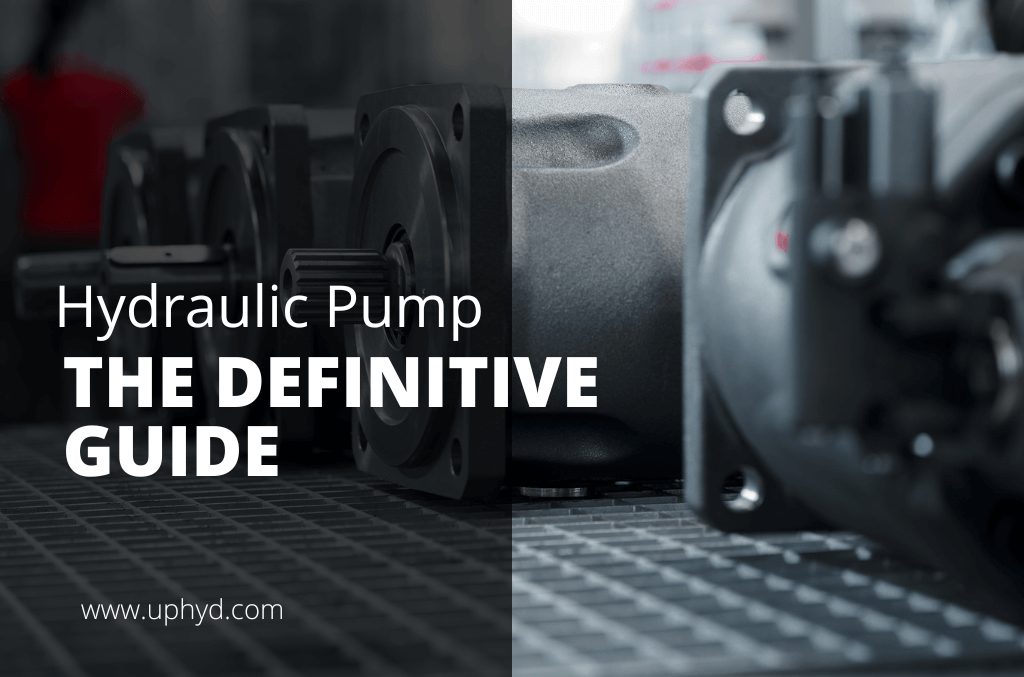
Find everything you need to know about hydraulic pumps in this comprehensive guide.


